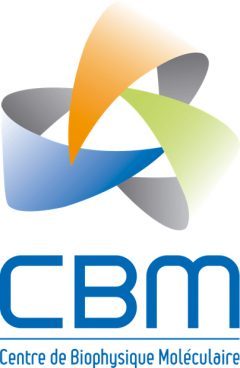Vendredi 5 novembre 2010 à 11 h 00 – À l’invitation de Chantal Pichon
« Maltodextrin nanoparticles as vectors for mucosal vaccine applications, determination of the mechanisms implied in their ability to deliver antigens through the airways epithelium »
Professeur Didier Betbeder
Laboratoire de physiologie, université de Lille 2
Faculté de médecine pole recherche
1 place de verdun
59045 Lille cedex
Liposomes, nanospheres or nanocapsules improve drug availability and targeting. If the physico-chemical characteristics of these colloidal carriers allow targeting certain organ, tissues or cells, it is also possible using those systems to improve the intracellular penetration of macromolecules. This is illustrated by the delivery, with the aid of nanotechnologies, of proteins (antigens, cytokines) to the immune cells in order to develop a specific immune response able to protect or to cure infected animals. Most of nanotechnologies preparation conditions to formulate proteins implies surfactant, organic solvents, temperature conditions all these parameters are generally considered to be deleterious from proteins and is a limitation for further medical applications. To overcome these inconveniences, we developed a new concept based on porous nanoparticles to obtain protein loading in water without requiring any organic solvent or surfactant using the post-loading technique on pre-made nanoparticles. These nanoparticles made from starch hydrolysate (maltodextrin) can be used alone or associated with lipids. The system comprises a positively polysaccharide charged core, that can be further surrounded by a phospholipid bi-layer. Proteins loaded are efficiently protected from proteolysis and when administered intra-nasally this delivery vehicle was capable of eliciting humoral, cellular and mucosal immunity. After s.c or i.n administration of IL2 formulation strong CTL response allowing to cure animals with implanted tumor was obtained. After sub-lingual administration ovalbumin formulations highly improved sub-lingual immunotherapy. The mechanisms implied in their endocyto-sis/exocytosis was characterized. In conclusion, this lecture is showing that the application of original physico-chemical concepts to the formulation of particulate colloidal carriers may led to the development of efficient systems for the controlled administration of proteins to specific tissues, cells or even intracellular compartments to stimulate the immune system.
Prochains évènements
Retour à l'agenda16 septembre 2025 : séminaire Swati Biswas
"Multifunctional stimuli-responsive Nanotherapeutics platforms for cancer and infectious diseases"
2025, September 16: Swati Biswas seminar
"Multifunctional stimuli-responsive Nanotherapeutics platforms for cancer and infectious diseases"
